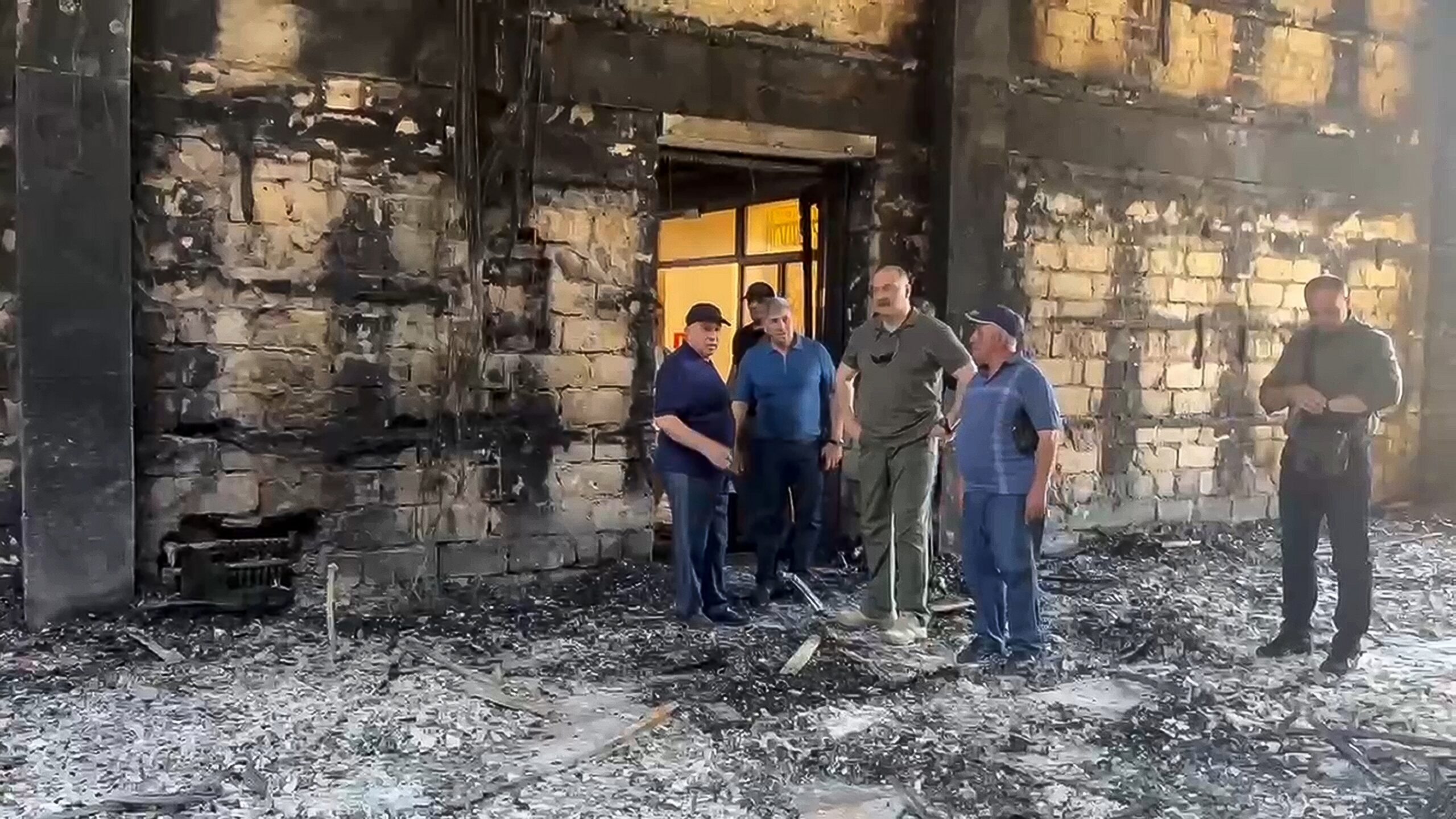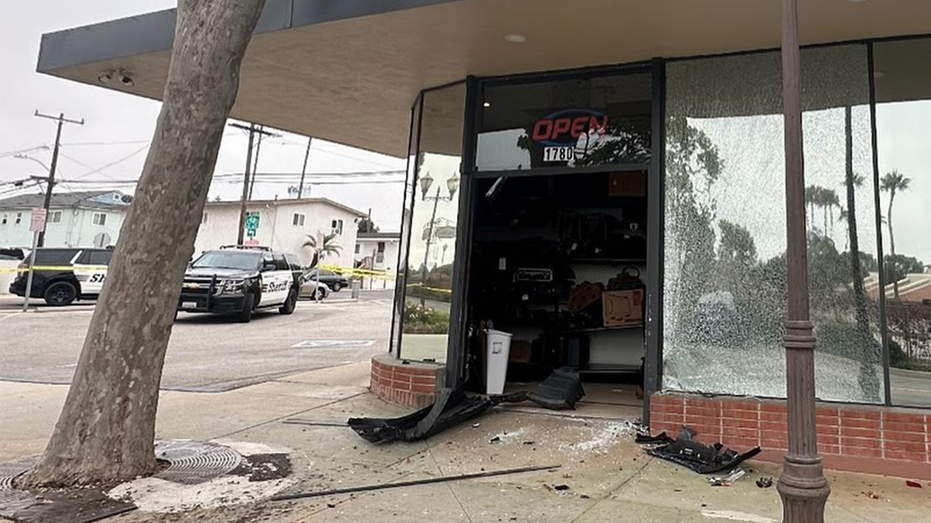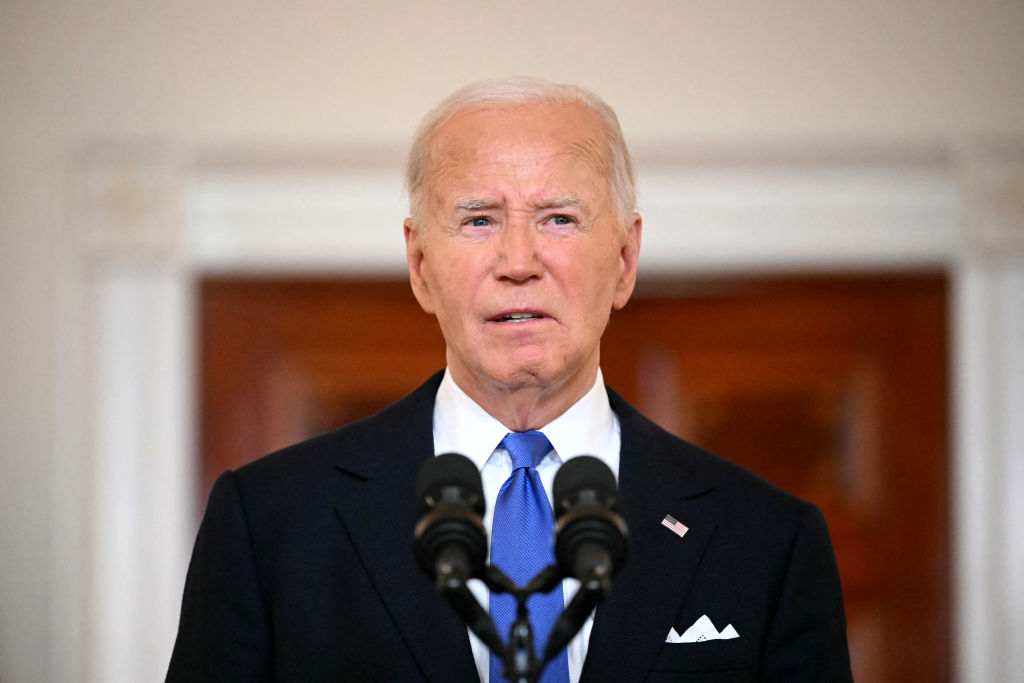

The Islamic State claimed authorship today of coordinated attacks that burned synagogues and churches Sunday evening in Russia’s overwhelmingly Muslim Republic of Dagestan. In firefights that lasted for hours, 15 police officers, five civilians, and six attackers were killed. In addition, 46 people were hospitalized, including four critically wounded police officers.
In virtually simultaneous attacks in cities 80 miles apart, attackers killed security guards and threw molotov cocktails into the Kele-Numaz synagogue of Derbent, a Caspian Sea port that has had a Jewish population for 2,000 years. They attacked Derbent’s largest church, the Church of Intercession of the Blessed Virgin Mary, burning an icon, setting the interior on fire, and then slitting the throat of the Reverend Nikolai Kotelnikov. The 66-year-old Russian Orthodox priest had served the congregation for 40 years.
At Makhachkala, the capital of Dagestan, they attacked Assumption Cathedral, threw Molotov cocktails into the city’s synagogue, and shot up a police traffic control checkpoint, killing two officers. A video taken at dusk apparently shows two alleged perpetrators wrestled to the sand on the city’s beach.
The church attacks came on the day the Orthodox faithful celebrate Pentecost, also known as Trinity Sunday. Despite videos of a gun battle inside the Makhachkala church, it is unclear if parishioners were killed. The synagogue attacks came one hour before evening prayers and the synagogues were empty.
“Our recent call did not keep us waiting long,” Al Azaim Media, a Russian-language channel associated with the Islamic State in Khorasan Province, posted late Sunday, as the gunfights were dying down. “Our brothers from the Caucasus let us know that they are still strong. They showed what they are capable of.”
From Washington, the Institute for the Study of War asserted that the Islamic State’s Northern Caucasus branch, Wilayat Kavkaz, was the likely culprit behind the “complex and coordinated attack against churches, synagogues, and law enforcement structures in the Republic of Dagestan on June 23.”
Three months ago, ISIS Khorasan claimed authorship of an attack on Crocus City Hall, a concert hall outside Moscow. In that attack, the worst in Russia in 20 years, four terrorists, all originally from Central Asia, killed 145 and wounded hundreds. Last week, at Russia’s southern Rostov city, six prisoners wearing ISIS face scarves and waving an ISIS flag took two prison guards hostage. Police killed all six prisoners and freed the hostages.
In October, hundreds of protesters, many waving Palestinian flags, mobbed Makhachkala’s international airport, seeking to grab Israelis arriving on a flight from Tel Aviv. The Israelis among the passengers on the jet all spoke Russian and managed to escape detection.
In yesterday’s violence in Dagestan, the six dead attackers included two sons and a nephew of Magomed Omarov, who is the ruling United Russia party head of Sergokala, a district midway between Dagestan and Makhachkala. One of the attackers appears to have been a well-known mixed martial arts fighter, Ghadzimurad Kagirov.
Despite these local links, some Russian politicians sought to point the finger at NATO and Ukraine. Local lawmaker Abdulkarim Gadzhiev blamed “the special services of Ukraine and NATO countries.” At Moscow, the state duma foreign affairs committee head, Leonid Slutsky, blamed “outside forces” aiming to divide Russians and “sow panic.”
Today, Kremlin spokesman Dmitry Peskov said: “The kind of criminal behavior that we saw yesterday in Dagestan is not supported by society, either in Russia or in Dagestan.” President Putin offered his “deepest condolences” to those who had lost loved ones in Dagestan. He did not make a larger statement.
However, one hardliner, Senator Dmitry Rogozin, warned on Telegram: “If we ascribe every terrorist attack steeped in ethnic and religious intolerance, hatred and Russophobia to Ukraine and Nato’s scheming, then this red mist will cause us major problems.” He added: “We can see the speck in our brother’s eye, but not the log in ours.”
Carnegie Russia analyst Aleksandr Baunov wrote on Telegram that Russia’s war on Ukraine is draining away police and intelligence agents who normally would deal with domestic terrorism. He wrote today: “What we are seeing is the Russian regime’s latest episode of the loss of control in the most diverse places — places that are often unexpected to the government itself.”
Agreement came today from Russia’s exiled chief rabbi, Pinchas Goldschmidt, in an interview with Reuters.
“The Russian authorities during the last years have used the law enforcement authorities to repress any kind of opposition to the Kremlin, opposition to the war and any movements like the LGBT movement which was declared as extremist. People are sent to prison for criticizing the war,” he said from Berlin.
“So instead of using law enforcement and the interior ministry and FSB (security service) to provide security for Russian citizens,” Rabbi Goldschmidt added, “it’s being used to eradicate any opposition to the regime. And here we see the results, that such terrorists like ISIS are able to again and again mount successful attacks against houses of worship, against cultural events.”
Rabbi Goldschmidt said there were one million Jews at Moscow when he arrived in Russia in 1989. Today, there are no more than 100,000 in the entire country. In Derbent over the last decade, Rabbi Ovadya Isakov was shot in the chest by a Muslim radical, and saw his synagogue windows broken and tombstones in the Jewish cemetery vandalized. At last count, his congregation had dwindled to 300 families.
Dagestan’s Islamic radicalism can be traced to the collapse of the Soviet Union in 1991. Suddenly free to practice religion, residents dropped Marxism in favor of Islam. Yet Dagestan’s historically moderate Islam was challenged by Wahabi missionaries, many from Saudi Arabia.
Today Dagestan has 3,000 mosques, serving a population of 3.2 million that is 95 percent muslim. Within an area only twice the size of Vermont, Dagestan has 30 recognized ethnic groups and 13 local languages granted equality with Russian.
In the 1990s and early 2000s, the wars in neighboring Chechnya between separatists and the Russian army spilled over into Dagestan. To drain down the radical population, Moscow encouraged young Dagestani men to emigrate to Iraq and Syria to fight in the ranks of ISIS. Now, that policy encounters blowback.

















